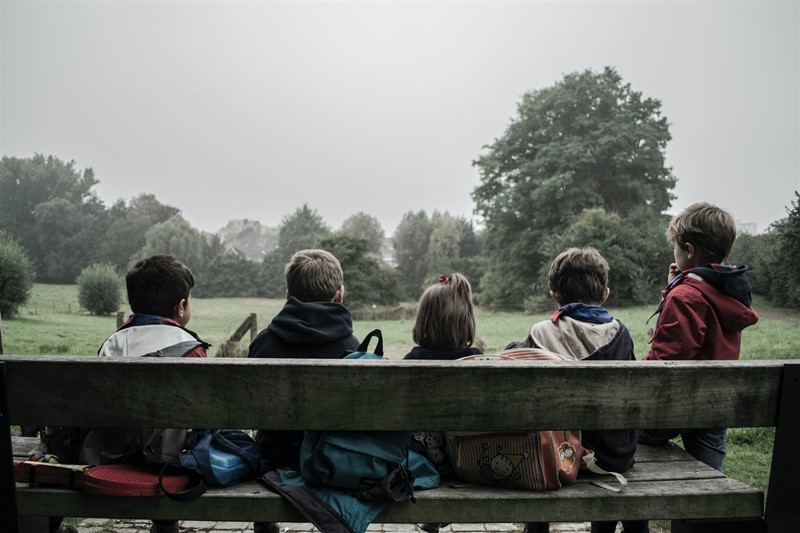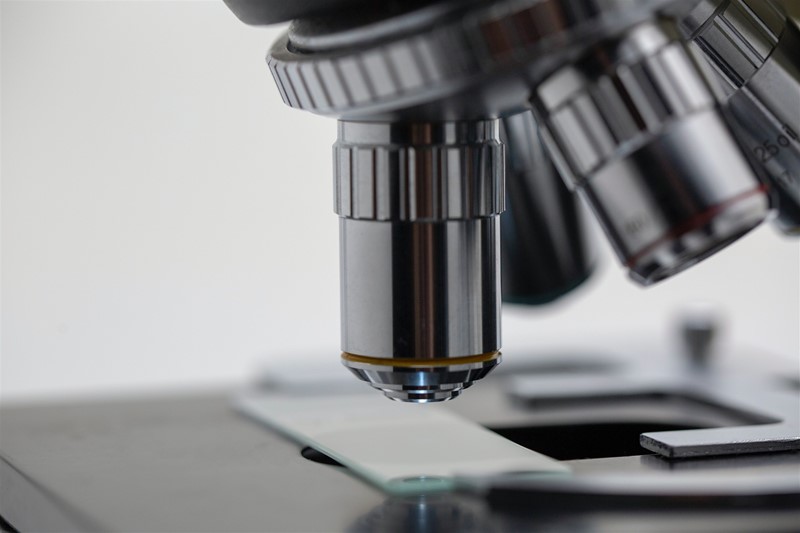- GMHC
-
Getting Started
-
Wondering where to start?
-
 We're your guide. What can this community do for you? Learn more
We're your guide. What can this community do for you? Learn more
-
-
Mobilization
-
Heed the call!
-
 Community Challenges Activate your journey to the field! Read Article
Community Challenges Activate your journey to the field! Read Article -
 Search Jobs Community Job Board Read Article
Search Jobs Community Job Board Read Article
-
-
Resources
-
Learn & Connect
-
 Upcoming Events Learn from the experts in healthcare missions & connect with others. Register Now
Upcoming Events Learn from the experts in healthcare missions & connect with others. Register Now
-
-
Community
-
Connect With the Community
-
 Member Lounge We're all in this together! Join the conversation.
Member Lounge We're all in this together! Join the conversation.
-
- Store
- Log In
Welcome to the MedicalMissions.com Podcast
This is a series of sessions from leading experts in healthcare missions.
Community Health Evangelism and Transformational Development

This session will present sustainable development strategies and replicable transformational techniques in an interactive format.
Approach to the Care of Undernourished Children
- Africa
- Asia
- South America
- + 13 more...

Globally, over 240 million children under five years of age suffer from malnutrition. Approximately 85% of these children are undernourished, manifesting as underweight, wasting, stunting and micronutrient deficiencies or insufficiencies. Under-nutrition contributes to about 45% of deaths in children under five years of age. Children in low-income and resource poor communities and nations are at the greatest risk. Healthcare providers in these communities play a central role in limiting the effects of under-nutrition in this vulnerable population, through early identification, prompt and appropriate care and referral. In this session we will review evidence-based approaches to developing sustainable preventive and early intervention strategies to combat the leading underlying cause of childhood morbidity and mortality in resource limited communities.
Food As Medicine
by Jeff Leman
- Cardiology
- Endocrinology
- Family Medicine
- + 14 more...

Nutrition as Medicine: The Role of Food as therapy for chronic disease prevention and management
Esophageal Cancer in Africa: Research Progress by Missionaries
by Mark
- Africa
- Epidemology
- Family Medicine
- + 9 more...

What Happens When the Global Church Goes Together

We've seen the church thrive around the world through missionary efforts. How do we leverage the impact of the global church to the nations where there is no church sharing all the things God has uniquely given us?


